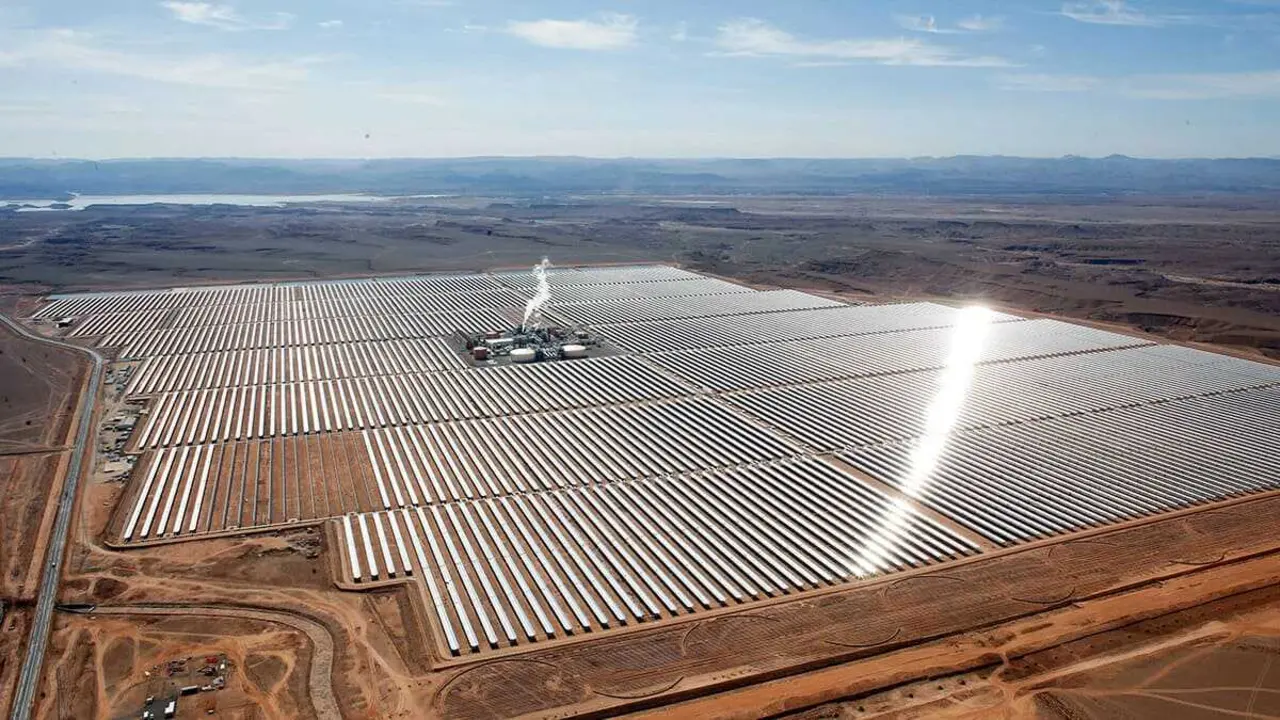Wall Street collapses above 3% with the incidence of the pandemic

Yesterday's drop of the Dow Jones by 3.43% to 26,519.95 points is the largest daily decline since June and its third drop so far this week. The S&P 500 falls 3.53% to 3,271.03 units and the Nasdaq 100 loses 3.93% to 11,142.76 points.
Given the lack of concrete stimulus to the US economy, the pandemic, the measures announced by Germany and the concern about the elections on November 3rd, the wave of stock sales accelerated on Monday afternoon on Wall Street.
These losses occur in the midst of the second wave of coronavirus in Europe, with new restrictions on mobility and curfews. Sales accelerated following German President Angela Merkel's decision to close bars, restaurants and cultural venues in Germany. In Europe, the German DAX index was down 3.9%, the French CAC 40 was down 3.3% and the British FTSE 100 contracted by 2.6%.
Oil prices plummeted in anticipation of a sharp drop in demand. US crude fell by 5.6% to $37.33 a barrel while the Brent Blend, the international benchmark, fell by 4.8% to $39.58 a barrel.
Volatility, measured by the VIX index, known as the "fear gauge", jumped by 20% to over 40 points, its highest level since June 15.
“Obviously the virus is out of control. It’s spiking, it’s bad,” said Eric Kuby, chief investment officer at North Star Investment Management Corp in Chicago told Reuters. “The concept that ... it’s going to disappear is just a faulty assumption.”
At the end of trading on the New York Stock Exchange, the Dow Jones stood at 26,519.95 units, recording its worst fall since June 11, dragged down by the losses of large corporations such as Microsoft (-4.95%), Visa (-4.83%), Salesforce (-4.74%), Apple (-4.63%) and Nike (-4.61%), while only Travelers ended up positive with a 2.02% gain.
Wednesday's fall affected both flight and travel companies such as Delta (-4.3%), Royal Caribbean (-5%) or Norwegian Cruise Line and Carnival which fell by more than 7%, as well as the technological companies which yesterday appeared to be safe from fear of new confinements.
The second wave of the coronavirus also affected black gold, and the price of West Texas intermediate oil (WTI) closed this Wednesday with a significant drop of 5.51 percent to $37.39 a barrel.
In other markets, gold rose to $1,877.30 an ounce; the yield on the 10-year Treasury bond fell to 0.774% and the dollar gained ground against the euro, with a change of 1.1749.








